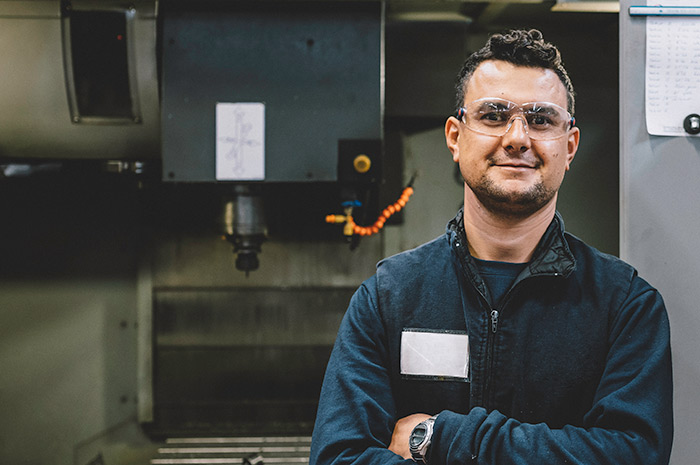Employee Wellness
Employee Health and Wellness Programs
When it comes to supporting employee health and wellness, employee health programs are a cost-effective way to protect the investment you’ve made in your workforce. Programs that incorporate employee wellness improve the physical and mental health of employees while promoting increased productivity and decreased work-related injuries.
From onsite clinics to telehealth services, Medcor stands ready to help your team be the healthiest it can be. Learn more about our employee health and wellbeing services.

How Medcor Supports Employee Health and Wellness Programs
-
Give your workers easy access to important health education at their fingertips, including hydration education for outdoor workers, smoking cessation programs or instruction in proper personal protective equipment (PPE) use.
-
Personalized health coaching and guidance and educational sessions help workers set and achieve their health goals.
-
Confidential appointments and resources address mental health concerns in and out of the workplace, including stress management and anxiety.
-
Yearly onsite events featuring health screenings, informational booths and interactive demonstrations promote overall wellness and health education.
-
Comprehensive evaluations of workers’ current health habits, physical activities and risk factors offer personalized recommendations for improvement.
Why Implement an Employee Wellness Program?
Wellness services promote a supportive work environment and help employees manage workplace stress, live healthy lifestyles and improve their overall health. There are many benefits for businesses as well.

-
When workers are at their best, they are able to focus and turn in quality work. This means your business is more effective and profitable, and your workers are healthier all around.
-
Proactive health management, including mental wellness, means decreased instances of acute and chronic health conditions. This reduces the risk of work-related illnesses and injuries, decreasing your healthcare costs.
-
Employee health and wellness programs are no longer an added perk — they are expected employee benefits. Having a robust employee wellness program can help you recruit top talent and retain quality employees.
-
Ill and injured workers are absent workers. Offering employee health and wellness programs helps your workers stay healthy and avoid accidents, reducing absenteeism.
-
Workers who feel supported in prioritizing their wellness are more likely to be engaged at work. And with boosted employee engagement comes a more open, positive company culture that translates into increased productivity and better employee retention.



